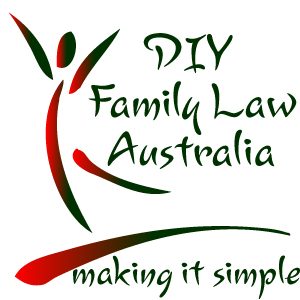
Will the Court just give us the Orders we ask for?
The Court will not automatically make the Consent Orders you have agreed on.
For property settlement and/or spousal maintenance issues, the Court will make the Consent Orders if they consider them to be “just and equitable” which is a legal term similar to fair and reasonable.
For parenting arrangements the Court will make the Consent Orders if they consider them to be proper and appropriate arrangements for the Child and in the Child’s best interests.
If the Court has any concerns about the Orders being sought they will usually firstly issue a Notice to the parties requiring the parties to address those concerns for the Court’s further consideration.
Consent Orders – More Information
There are a lot of benefits to documenting your property settlement or parenting (or both) agreement in Consent Orders. Why doing so might be good for your own situation is explained in the information sheet What are the Advantages of Consent Orders.
Many people need to try to save legal costs and do all or part of the Consent Orders process themselves, and not use a Lawyer at all. We have a separate Fact sheet about how self representing to do Consent Orders yourself and still have them be binding.
We have prepared an easy to follow list of the steps involved in get the Court to make the Consent Orders you are seeking. Read our information sheet What is the procedure to get Court issued Consent Orders.
You need to know whether the Court is likely to make the Consent Orders you have agreed on with your former spouse. See our the information sheet Will the Court make the Consent Orders we agree on.
You can make an application for Consent Orders about issues including Parenting, Property Settlement and Spousal Maintenance, however there are some issues about which the Court will not be prepared to make Consent Orders. Find out more in our information sheet When can you use Consent Orders.
It would be nice to be able to rely on your former spouse’s word, but you are no longer together and the only thing you can have complete trust in, in relation to something as serious as your children or property, is a Court Order.
Connect with us on Facebook

Other Pages in the Consent Orders Section
- The Basics you need to know about Consent Orders
- When can you use Consent Orders
- Why should I get Consent Orders: The Benefits
- Will the Court make the Consent Orders we agree on
- What is the procedure & steps involved to get Consent Orders
- Consent Orders or Parenting Plan to document Parenting Agreement
- Consent Orders or BFA to document Property Settlement
- Breaching (Contravening a Court Order (or Consent Order)
- Changing a Final Parenting Order when the other party agrees
- Changing a Final Parenting Order when the other party does not agree


